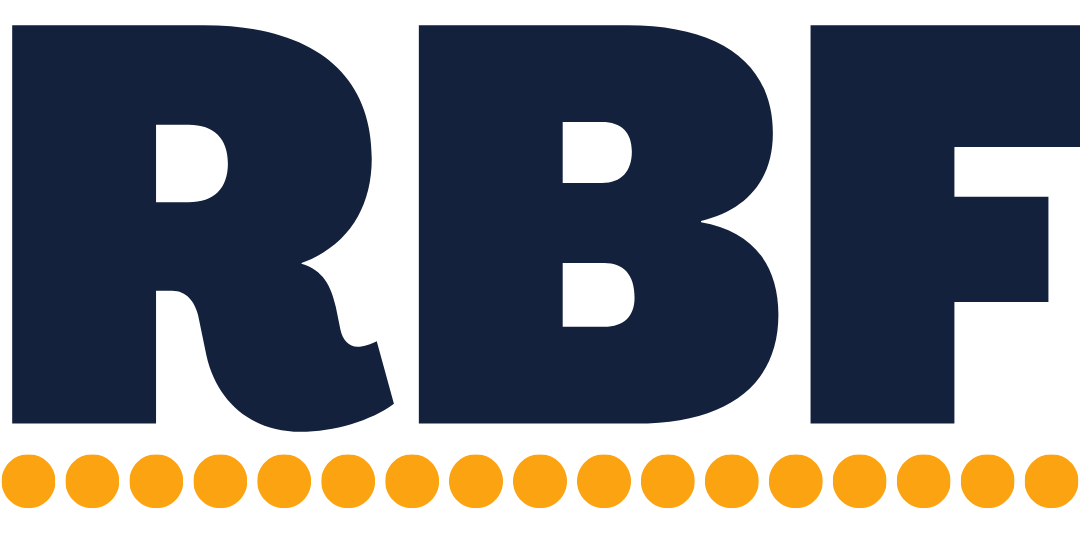Make business goals more meaningful & motivating by tying them back to personal goals
Hey, I’m Michael Eckstein 👋, and this is ‘Ordinary & Necessary’, a weekly newsletter about the boring business topics that don’t get enough traction on the web, but will help you manage and grow your business. You signed up on my website. If you’d like to unsubscribe, just click the link at the bottom of this email. No harm, no foul, I’d love to have you back sometime.
My first revenue goal was totally arbitrary. I wanted to make $100,000. No rhyme, no reason, it was just a nice round number to hit. And, I continued to use similarly arbitrary goals for ages. 15 new personal tax clients, 5 new business clients, $25,000 in additional revenue, etc. They weren’t necessarily wronggg (an additional $25,000 would always be nice, am I right?). They just weren’t very motivating or meaningful. Unless you’re incredibly driven, arbitrary goals wind up on a Post-it note on your monitor that eventually gets forgotten.
But, if you connect your business goals back to your personal goals, they take on additional meaning and you become much more motivated to hit them (and all the other micro-goals that connect back to that one). Take a look at the following example:
Incremental goals –
- making an additional $1,000/m
- making an additional $1,000/m to pay off your student loans faster so you can be debt-free 2 years sooner
They’re clearly the same amount of money. But, you have a reason to hit the second goal and, if you’re anything like me, that’ll also make you much more motivated to hit the second goal.
Your goals should also be more meaningful. Take a look at this next example:
Minimum revenue targets –
- I need to make, at least, $6,000/m to support my family
- I need to make, at least, $6,065/m to cover my mortgage, car, utilities, insurances, groceries, phone, other debt payments, and income taxes
An extra $65/m is a relatively minor difference. It’s billing an extra half-hour or a quick out-of-scope client task. But, knowing exactly how much you need makes the second goal much more meaningful. If you don’t hit that goal, you know for a fact that you won’t be able to pay all your bills. As opposed to the first goal, where, if you miss it, you might think ‘eh, it’s close enough.’
Action Item: Update your arbitrary revenue targets. Find out exactly how much more you need to pay down debt, save for retirement, or just schedule an extra date night per month. Then, make that your goal.
Have a great weekend and stay safe!
Michael Eckstein
